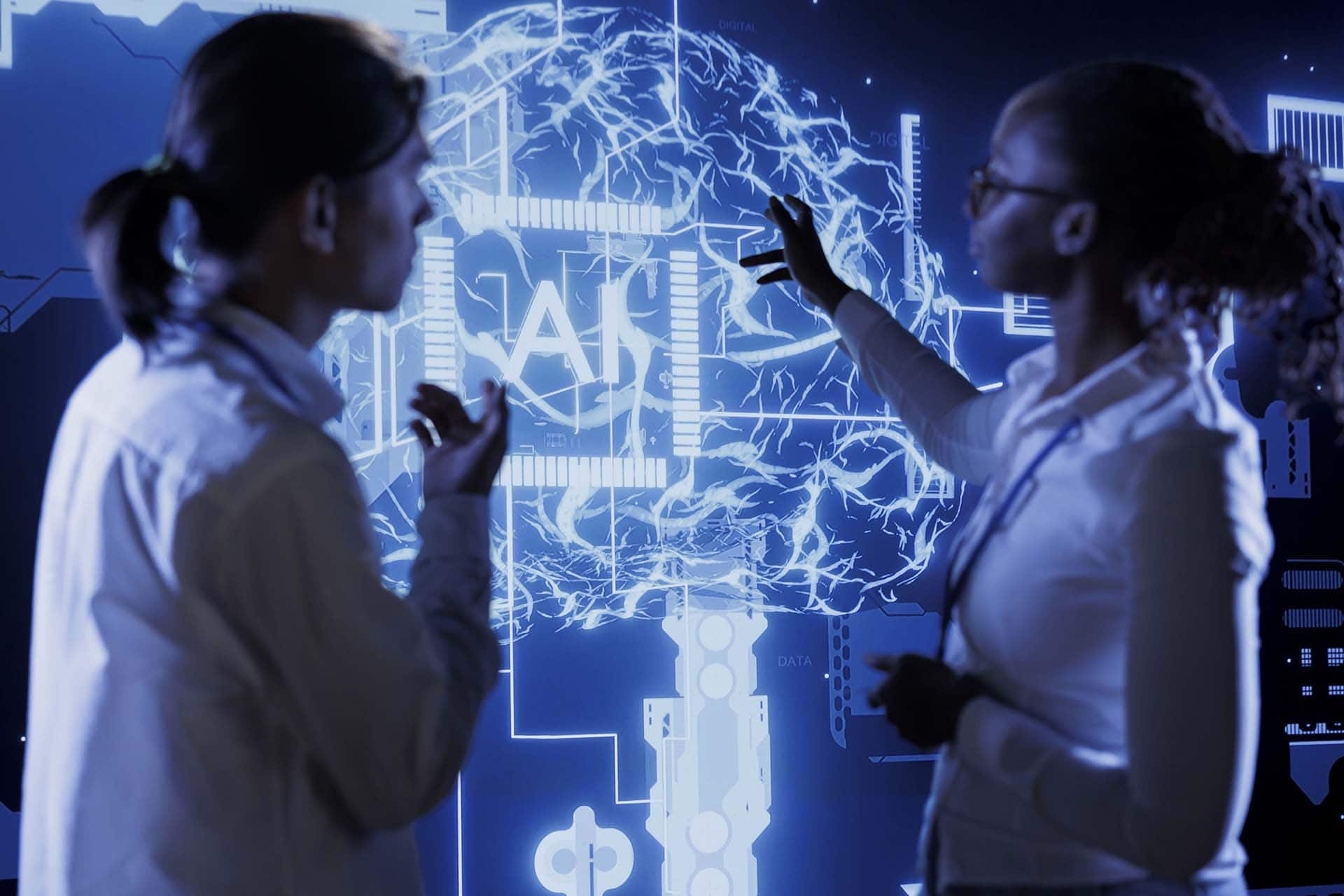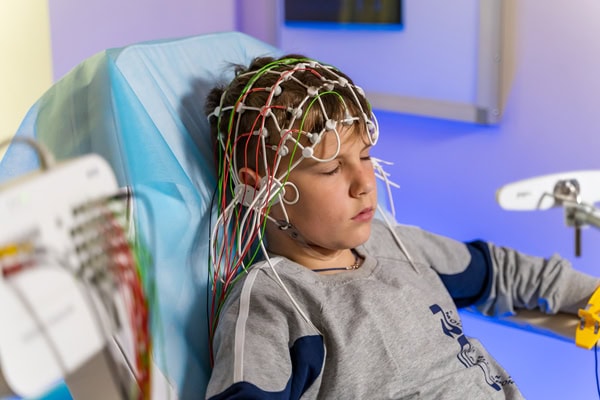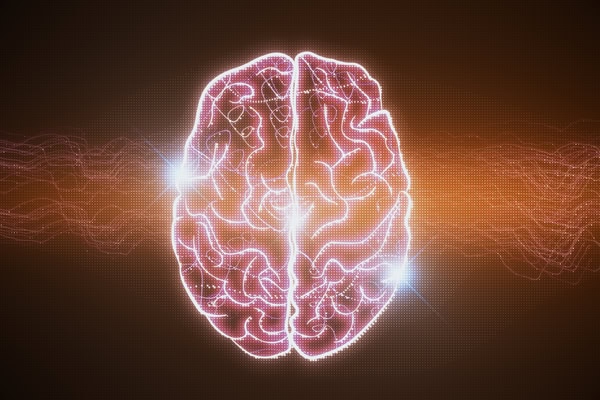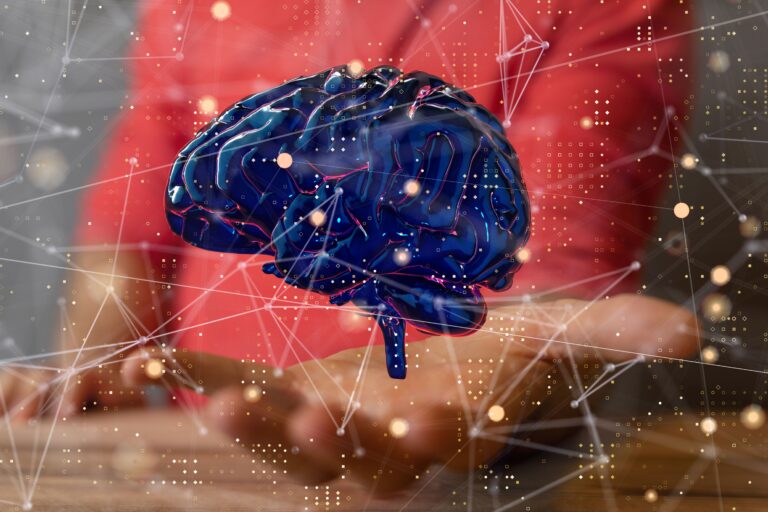As mental health challenges continue to rise globally, innovative technological solutions are being developed to address gaps in traditional care. Artificial intelligence based therapy applications are increasingly being integrated into mental health support systems, offering new possibilities for accessibility, early intervention, and personalized care. This article examines the current landscape of AI-powered mental health tools, evaluating their efficacy, limitations, and future potential in enhancing emotional and psychological well-being.
The Growing Intersection of Technology and Mental Healthcare
Mental health services worldwide face unprecedented demand yet remain constrained by limited resources, stigma, and accessibility barriers. In this context, digital solutions powered by artificial intelligence have emerged as potential supplements or alternatives to conventional care models. These technologies range from simple chatbots to sophisticated systems that can analyse speech patterns, facial expressions, and behavioural data to identify psychological states.
The mental health technology ecosystem currently encompasses several distinct categories:
- Therapeutic chatbots and virtual assistants that deliver cognitive behavioural therapy techniques, mindfulness exercises, and psychological education through conversational interfaces
- Monitoring applications that track behavioural patterns, sleep quality, physical activity, and other indicators to identify changes that might signal declining mental health
- Diagnostic support tools that assist clinicians in evaluating symptoms, recommending treatment approaches, and predicting patient outcomes
- Virtual reality environments designed for exposure therapy, stress reduction, and other therapeutic interventions
These applications represent varying levels of technological sophistication and clinical validation, with some having undergone rigorous testing while others remain largely experimental. The development of these tools has accelerated significantly in recent years as advances in natural language processing, machine learning, and affective computing create new possibilities for human-computer interaction in therapeutic contexts.
The Science Behind AI-Driven Mental Health Applications
The efficacy of AI in mental health applications relies on several technological capabilities. Natural language processing algorithms analyse text and speech to identify linguistic patterns associated with specific psychological states. Computer vision systems recognize facial expressions and body language that may indicate emotional distress. Machine learning models identify correlations between behavioural patterns and mental health outcomes, potentially detecting subtle changes that might escape human observation.
These capabilities enable AI systems to perform continuous assessment and provide immediate feedback—functions that complement traditional therapy’s periodic, time-limited sessions. By collecting and analysing data points throughout daily life, these technologies can offer insights into how environmental factors, social interactions, and physiological states influence psychological well-being.
Potential Benefits of AI in Mental Health Support
The integration of artificial intelligence into mental health care offers many potential advantages over traditional approaches, particularly in addressing persistent challenges around access, engagement, and personalization.
Perhaps the most significant potential benefit of digital mental health tools is their ability to reach individuals who might otherwise receive no care at all. Geographic isolation, financial constraints, mobility limitations, and social stigma prevent millions from accessing traditional services. AI-powered applications can overcome many of these barriers by providing:
- 24/7 availability without appointment scheduling or travel requirements
- Significantly lower cost compared to traditional therapy
- Anonymity that reduces fears about privacy and judgment
- Multilingual capabilities that serve linguistically diverse populations
- Scalability that allows simultaneous support for unlimited users
For regions experiencing severe shortages of mental health professionals, these technologies may represent the only feasible way to provide psychological support to substantial portions of the population. Even in well-resourced areas, they can serve as a first point of contact or bridge during waiting periods for conventional care.I systems excel at processing large datasets to identify patterns and generate personalized recommendations. In mental health applications, this capability enables increasingly tailored interventions based on individual preferences, response patterns, and contextual factors. Unlike standardized protocols that may not account for individual differences, AI-driven therapy can continuously adapt to user responses, learning which approaches prove most effective for specific individuals.
The personalization extends beyond content selection to timing, format, and delivery method. Systems can identify optimal moments for intervention based on detected stress levels, attention capacity, and receptivity. This adaptive approach contrasts with traditional therapy’s relatively rigid structure and may enhance engagement and efficacy for certain populations.
Limitations and Ethical Considerations
Despite their promise, AI mental health applications face significant limitations and raise important ethical questions that require careful consideration.
While some AI-powered mental health tools have demonstrated positive outcomes in preliminary studies, the evidence base remains limited compared to established therapeutic approaches. Several challenges complicate validation efforts:
- Rapid technological evolution outpaces the timeline of rigorous clinical trials
- Heterogeneity among applications makes generalizable conclusions difficult
- Selection bias in study populations may not reflect the general public
- Outcomes measured often focus on engagement metrics rather than clinical improvement
- Long-term efficacy and potential side effects remain largely unknown
These limitations underscore the need for caution when deploying such technologies, particularly for individuals with severe mental health conditions or crisis situations where incorrect interventions could potentially cause harm.
The intimate nature of mental health data raises significant privacy concerns as users share vulnerable thoughts and emotions with AI systems. Questions about data security, third-party access, and long-term data storage require transparent policies and robust safeguards. Similarly, the potential for algorithmic bias based on training data may lead to systems that perform poorly for underrepresented demographic groups or reinforce existing healthcare disparities.
The integration of these technologies into healthcare systems also raises questions about informed consent, particularly regarding how user data may be utilized beyond the immediate therapeutic interaction. As these tools become more sophisticated in their persuasive capabilities, concerns about maintaining user autonomy and preventing manipulation become increasingly relevant.
Future Directions and Integration Models
The optimal role for artificial intelligence in mental health likely involves thoughtful integration with human care rather than wholesale replacement. Hybrid models that combine technological tools with professional oversight show particular promise.
According to Dr. Christian Beste, whose research examines cognitive processes and technology interactions, “The most promising applications of AI in this field leverage complementary strengths of human and artificial intelligence rather than attempting to replicate traditional therapy in digital form.” These complementary approaches might include AI systems that handle routine monitoring and psychoeducation while clinicians focus on complex interventions, relationship-building, and case conceptualization.
Future developments may enable more sophisticated collaborative models where AI tools prepare individuals for human therapy, reinforce skills between sessions, and provide ongoing support following formal treatment. Such approaches recognize the unique contributions of both technological and human elements in the therapeutic process.
Conclusion: A Balanced Perspective
As the field of digital mental health continues to evolve, maintaining a balanced view of both possibilities and limitations remains essential. While AI-powered applications offer promising solutions to persistent challenges in mental healthcare, they represent tools rather than panaceas. Christian Beste and other researchers emphasize that responsible development requires ongoing evaluation, ethical oversight, and attention to individual differences in response to technology-mediated interventions.
The future of mental health support will likely incorporate artificial intelligence as one component within diverse, multi-faceted systems of care. By embracing innovation while maintaining critical perspective, the field can harness technological capabilities while preserving the human connection and clinical wisdom that remain fundamental to effective mental healthcare.







